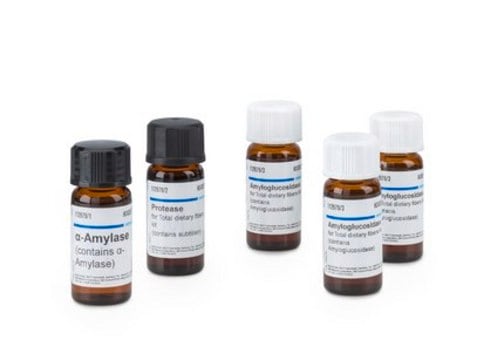PHR1137
Isopropyl palmitate
Pharmaceutical Secondary Standard; Certified Reference Material
Synonym(s):
Isopropyl hexadecanoate
About This Item
Recommended Products
grade
certified reference material
pharmaceutical secondary standard
Quality Level
Agency
traceable to Ph. Eur. I0725000
traceable to USP 1350603
API family
isopropyl palmitate
CofA
current certificate can be downloaded
technique(s)
HPLC: suitable
gas chromatography (GC): suitable
refractive index
n20/D 1.438 (lit.)
mp
11-13 °C (lit.)
density
0.852 g/mL at 25 °C (lit.)
application(s)
cleaning products
cosmetics
flavors and fragrances
food and beverages
personal care
pharmaceutical (small molecule)
format
neat
storage temp.
2-8°C
SMILES string
CCCCCCCCCCCCCCCC(=O)OC(C)C
InChI
1S/C19H38O2/c1-4-5-6-7-8-9-10-11-12-13-14-15-16-17-19(20)21-18(2)3/h18H,4-17H2,1-3H3
InChI key
XUGNVMKQXJXZCD-UHFFFAOYSA-N
Looking for similar products? Visit Product Comparison Guide
General description
Pharmaceutical secondary standards for application in quality control, provide pharma laboratories and manufacturers with a convenient and cost-effective alternative to the preparation of in-house working standards.
Application
Analysis Note
Other Notes
Footnote
Recommended products
related product
Storage Class Code
10 - Combustible liquids
WGK
nwg
Flash Point(F)
235.4 °F - closed cup
Flash Point(C)
113 °C - closed cup
Choose from one of the most recent versions:
Already Own This Product?
Find documentation for the products that you have recently purchased in the Document Library.
Customers Also Viewed
Our team of scientists has experience in all areas of research including Life Science, Material Science, Chemical Synthesis, Chromatography, Analytical and many others.
Contact Technical Service












